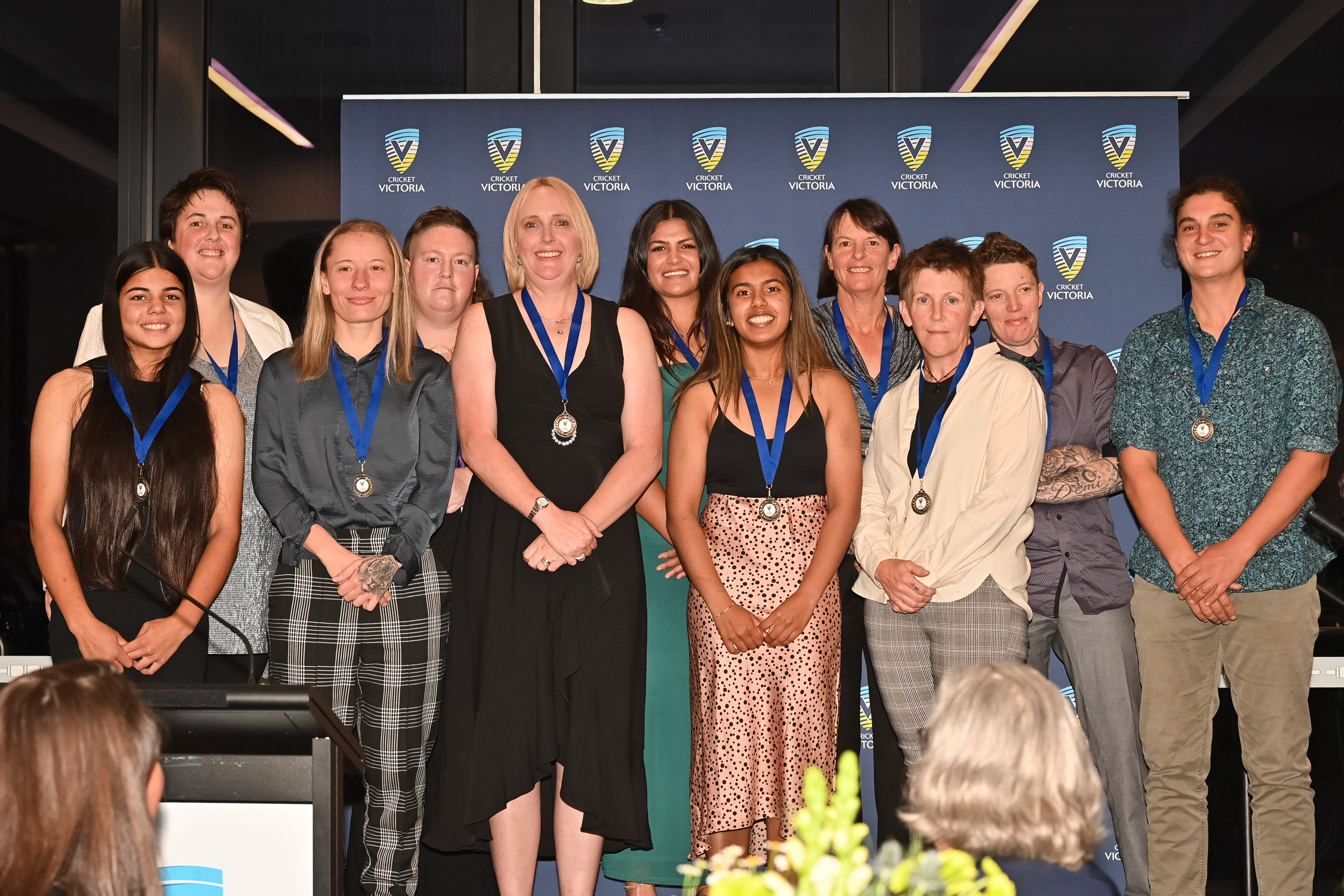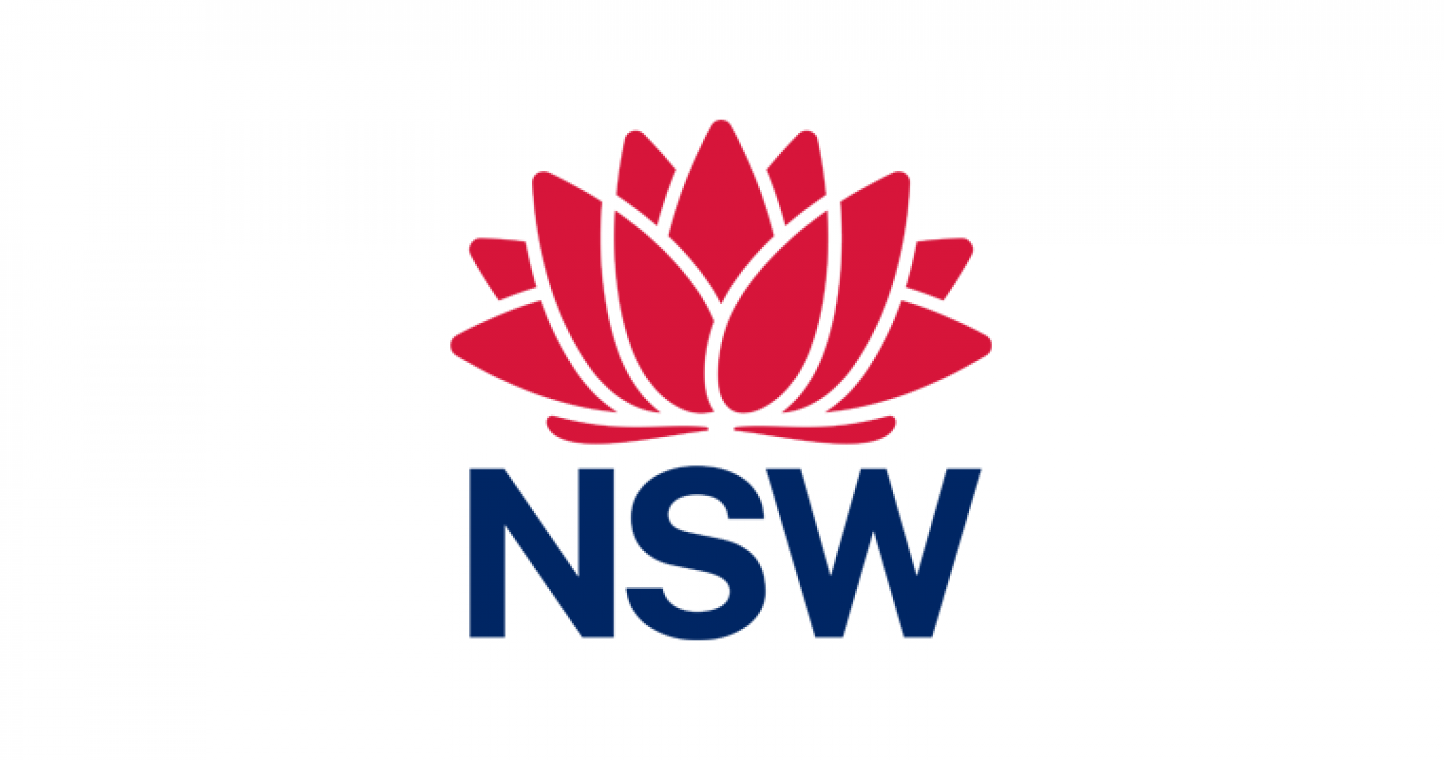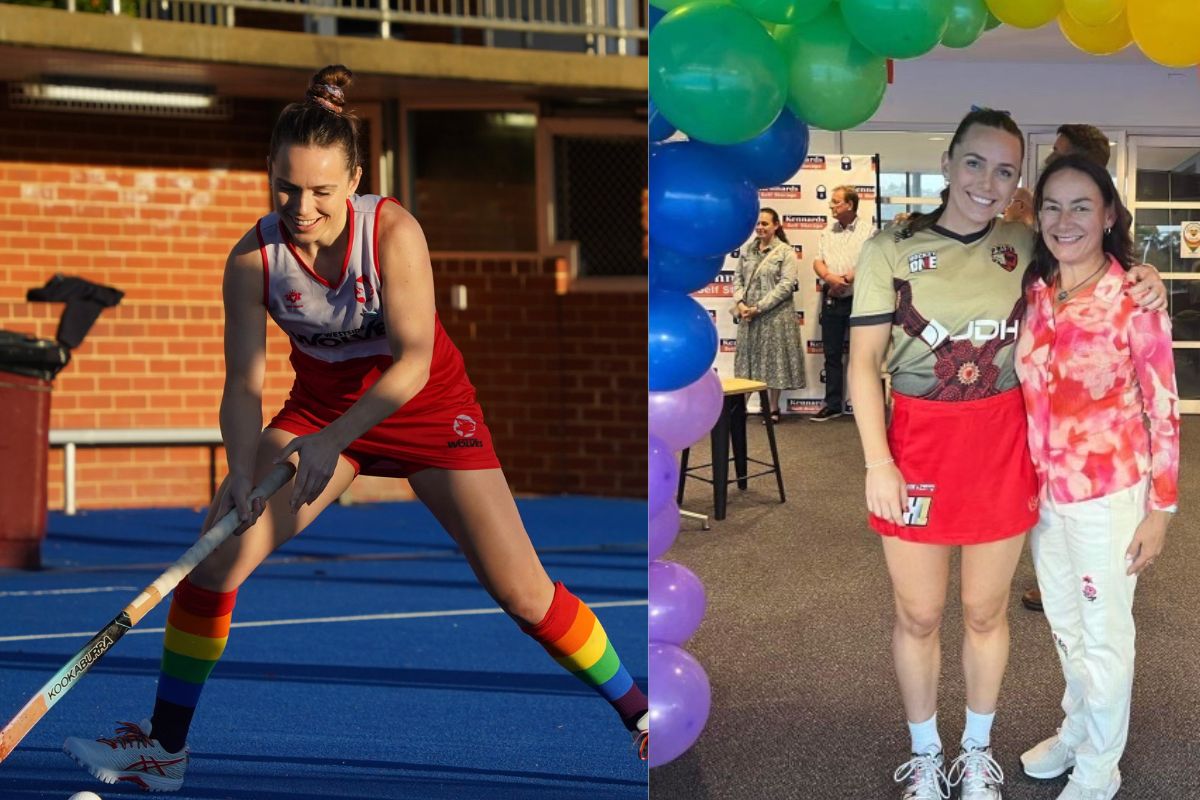The grant will be used to develop an AI tool that helps identify better treatments for failing hearts.
UNSW Associate Professor Izzy Jayasinghe has been awarded a $1 million NSW Health Cardiovascular Elite Research Leadership Grant. The funding will be used to develop an AI-assisted tool to help identify treatments to restore function, or reverse damage, to failing hearts.
“Current treatments for poor cardiac function focus on alleviating the burden on the weakened heart, such as drugs to lower their blood pressure or dampen adrenergic drive,” said A/Prof Jayasinghe.
“What is sorely needed are drugs that can improve outcomes for patients with cardiovascular disease by getting to the root cause. This grant will enable my team to investigate such treatments.”
Acting Dean of UNSW Medicine & Health Professor Adrienne Torda congratulated A/Prof. Jayasinghe on her grant success.
“This NSW Health grant will allow Izzy and her team to build upon their previous research and expertise in single-molecule imaging of cardiac cell function. I look forward to watching their progress and potential impact on the outcomes for cardiovascular patients,” Prof. Torda said.
Regulation of proteins
Researchers in the field have reported that key proteins change when a heart begins to fail but targeting these proteins alone have not proven to be effective.
“The reality is that we – particularly in cellular cardiology – have to get away from the idea that there is one magical protein that we can target with a drug that would solve the problem,” A/Prof. Jayasinghe said.
Her team’s approach is to study the networks of molecules involved in regulating proteins that have a primary role in eliciting strong and steady heart beats.
“One area with long standing interest is the proteins that handle calcium, because calcium is the key signal that initiates the contraction of cardiac muscle cells,” said A/Prof. Jayasinghe.
“What we want to know is how the constellation of proteins that regulate calcium change, and what this shift in pattern tells us about what we are going to see as a healthy heart cell starts to fail.”
Building the toolkit
To visualise how proteins are regulated in heart muscle cells, the researchers will develop a library of probes to fluorescently label different proteins. The constellation of proteins and how they change will be mapped precisely, one at a time, using super-resolution microscopy and a labelling technique called Point Accumulation in Nanoscale Topography (or PAINT).
“This will tell us where the different proteins are and how their expressions change. The problem with this kind of data, where there are so many degrees of variation, is that the human mind and simple statistical tools are not able to cope,” A/Prof. Jayasinghe said.
“So, we will use an AI tool to recognise what these association patterns are that are typical of a healthy cell, and then we can train it with what we know is a failing heart cell.”
Using a combination of cultured cell lines and human cardiac tissues, the team will be able to build and refine the AI tool. They will then be able to use this tool to discover more effective therapies to counter the detrimental changes.
With such a tool, A/Prof. Jayasinghe said that other researchers and drug developers could also design therapies that directly address heart function as well as modulate the impact of other medical treatments on the heart.








